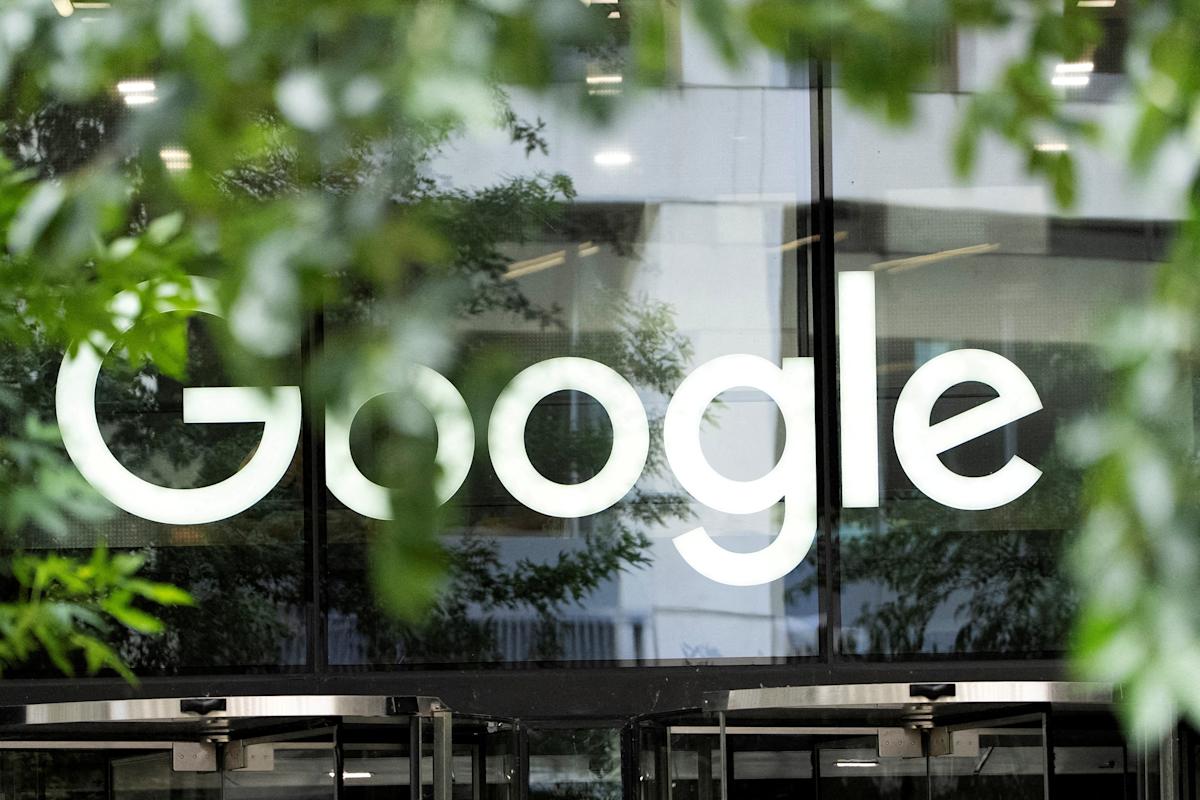Google Lost Its Antitrust Case with Epic Again: What It Means for the Future
In a world driven by technology and innovation, the battle between mega-corporations and the entities seeking to hold them accountable represents a critical aspect of modern economics. One of the most significant recent developments has been Google’s antitrust case with Epic Games—the company behind the globally popular game Fortnite. In a surprising turn of events, Google lost this case once again, raising important questions about the future of digital marketplaces, the rights of developers, and the broader implications for consumers.
The Background of the Case
Epic Games brought its initial lawsuit against Google in 2020, following a controversial move by Epic to implement its own payment system in Fortnite. This move aimed to cut out Google’s substantial 30% commission on in-app purchases. Epic claimed that Google’s policies were anti-competitive, arguing that the tech giant was abusing its dominance in the mobile app market.
This battle has far-reaching implications, not just for Epic but for multiple tech companies and app developers who often find themselves constrained by similar policies. The case was initially met with heightened scrutiny as industry watchers kept a keen eye on how the outcome would influence app store regulations nationwide and globally.
The Ruling: What Happened This Time?
After months of legal debates and courtroom tussles, a judge ultimately ruled that Google’s practices did indeed violate antitrust laws. This decision reinforced earlier conclusions that the tech giant had engaged in anti-competitive behavior to protect its app store monopoly.
The ruling focused on a few key issues:
-
Market Dominance: The court acknowledged that Google had positioned itself in a way that stifled competition. By forcing app developers to use its payment system, Google limited options and ultimately harmed consumer choice.
-
Unfair Practices: The court found that Google’s practices not only harmed developers but also limited innovation in the marketplace. The forced commission structure imposed by Google meant that developers had to inflate prices to maintain their profit margins, creating a less competitive landscape.
- Consumer Impact: The ruling emphasized that the anti-competitive practices hurt consumers as well. With reduced competition, consumers faced higher prices and fewer choices in the apps they could access.
Implications for the Tech Industry
A Shift in Developer Power
This court ruling could potentially mark a seismic shift in the balance of power between platforms and developers. If Epic Games emerges victorious, it could embolden other developers day to challenge Google’s policies, opening the door for alternative payment methods and potentially leading to lower costs for consumers.
For smaller developers, who typically lack the resources to invest in lengthy legal battles, this ruling still sends a powerful message. It signals that they might no longer need to capitulate to the demands of larger tech companies and could have legal ground to advocate for fairness and transparency.
Changes in App Store Policies
In light of this ruling, it is plausible that Google may be prompted to revisit its app store policies. This could lead to reduced commissions and a more flexible payment structure, shaping how app stores operate in the future. Other tech giants like Apple, who face similar scrutiny, could also find themselves under pressure to adapt.
Additionally, if other jurisdictions take note of this ruling, it could catalyze widespread regulatory changes across various markets, both domestic and international.
Consumer Reactions: The Bigger Picture
While antitrust lawsuits tend to focus on corporate interests, the broader implications invariably affect the average consumer. If app store policies change in favor of developers, consumers may enjoy lower prices, improved access to apps, and a more diverse range of options.
However, any increase in competition could also lead to challenges. For instance, if developers are allowed to establish their own payment systems, it may introduce complexities that could confuse users, particularly those who are less tech-savvy. Other risks include potential security concerns, as users may find themselves navigating uncharted waters in payment methods.
The Future of Antitrust Law
The ruling against Google aligns with a growing global trend of increased scrutiny on major tech companies, not limited to one jurisdiction. As lawmakers and regulators confront the power dynamics in the digital economy, companies like Google, Apple, and Amazon may find themselves continually navigating a changing landscape of antitrust law.
Moreover, this case serves as a crucial reminder of the ongoing evolution of consumer rights, particularly in digital spaces. With increasing public awareness and advocacy around these issues, consumers are more informed than ever—their preferences will play a significant role in shaping the future landscape of technology.
Conclusion: A Crucial Battle in the Tech War
In the ongoing saga between Big Tech and antitrust advocacy, Google’s recent loss to Epic Games offers a glimpse into the possible future of digital marketplaces. As app developers gain more leverage, the ripple effects of this ruling could transform the entire industry for both creators and consumers alike.
While it may take time for its full impact to be realized, one thing is certain: the battle for a fair digital marketplace is far from over. By amplifying the collective voices of developers, consumers, and even regulatory bodies, we may be on the brink of a new dawn—one that prioritizes competition, fairness, and creativity in the tech world.
As we look forward, all eyes will remain glued to further developments in this arena, not just to monitor Epic’s victory, but to understand how it shapes the future of technology as we know it. The stakes are high, and the fight for a more equitable digital experience is only beginning.





